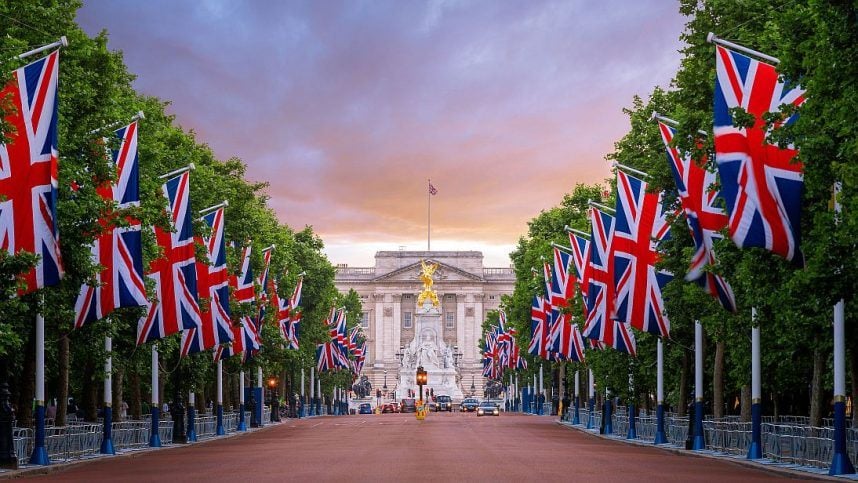After the UK government released its long-overdue gambling white paper a couple of months ago, it stated that the industry would be able to provide input on different aspects in the following months. It’s now extending the deadline after it realized that, along with the UK Gambling Commission (UKGC), it made a mistake in how it presented some data.

One of the long-running barometers used to gauge the effectiveness of operator-led responsible gambling initiatives is the “problem gambling” rate. This is a calculation of where a particular market stands in terms of the penetration of consumers who are at risk of, or have, gambling problems.
For several years, the UKGC has asserted that, partially due to its oversight, the problem gambling rate in the UK is low – it has been hovering around 0.02% since 2021. When the gambling white paper was presented, the figure was different, and it’s now at the heart of the decision to extend the consultation period.
Setting the Record Straight
When the white paper appeared, it listed the problem gambling rate for slot players as 1.5% for the 16-24 age group. However, upon further review and questions from industry players, the government was forced to admit it made a mistake with the figure.
The percentage, according to updated information, only refers to males who fall within that age group. Overall, the problem gambling rate for those from 16 to 24 years old is just 0.8%. Notably, this is 0.2% less than what Health Survey England reported in 2018.
The rate only applies to slot players – it doesn’t reflect the overall problem gambling rate, which fell from 0.04% to 0.02% from 2018 to 2021.
The UK’s leaders believe that online slots are a “high-risk” gambling option that requires greater oversight. As a result, they’re considering a change that would limit how much gamblers could spend on each spin. One recommendation has been that there be a cap on online slot spins of £2 (US$2.44).
As a result of the snafu in reporting, the UK will give industry players until October 4 to weigh in on the changes. This is two weeks after the original date.
At the rate the consultations are going, and with all the other problems facing the UK right now, there could be further delays. The white paper was just a series of recommendations that weren’t automatically going to become law. As such, and with industry feedback, there could be amendments and reforms to the draft framework.
The UK is going to hold its general elections next January, the culmination of several years of unstable political and economic activity in the country. With the elections, there’s a possibility that even more changes could appear, or that the incoming government decides to scrap the plans completely.
No Industry Standards
The UKGC, over the years, has repeatedly referred to the problem gambling rate when discussing the state of the UK’s industry. At the same time, it has noted that the level has remained constant, despite an increase in gambling activity.
As a result of the repeat findings, it would make sense that taking an overzealous approach to gambling regulations isn’t warranted. Instead, the UKGC subsequently developed a different strategy to maintain its position.
The regulator announced several months ago that it would create a new framework for ascertaining more accurate data on gambling harm. This would seemingly indicate that the UKGC’s previous assertions on the problem gambling rate were, therefore, not as precise as they should have been.
After that, in August, UKGC boss Andrew Rhodes published an op-ed piece that admonished the industry’s use of the problem gambling rate. Notably, he singled out the use of the problem gambling rate, which the regulator derived using its own Problem Gambling Severity Index (PGSI). While there are standard questions included in the index, there is no complete industry-wide standardization of how the index is distributed or interpreted.
Rhodes has asserted that the PGSI results are based on the entire UK population, not just the percentage of gamblers, which is confusing. On several occasions, the UKGC has explained that it has sent out surveys to only very small sections of the gaming population, and the results of those surveys would be vastly skewed by limited participation.
He also said that it’s misleading to label some gambling types as “less risky.” Conversely, it is then, therefore, misleading to label gambling types as “more risky.”
Rhodes added something to his op-ed that could definitely serve the entire industry. He asserted that “nobody is well-served by statistics being misused to further an argument.”
The post UK Government Snafu Forces Changes To Gambling Reform Discussions appeared first on Casino.org.
Via Casino.org https://www.casino.org/news/